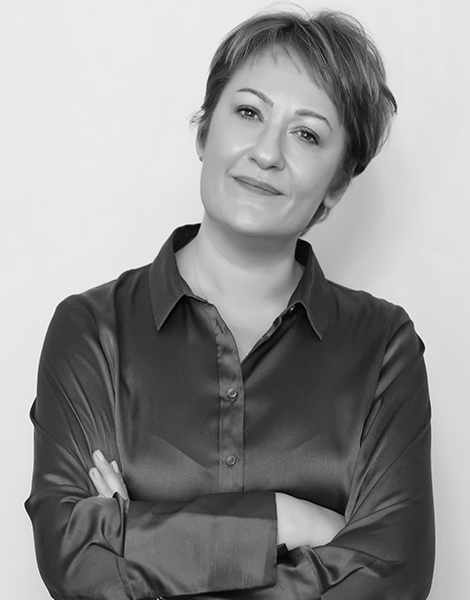A pandemic lockdown brainchild of 12 leading Turkish women, including academics, former MPs, a journalist, and a political communications expert, Ben Seçerim or ‘I Choose’ is the country’s first pressure-group working to increase women’s representation and engagement in politics.
As Turkey looks forward to general elections in May 2023, Ben Seçerim is a timely initiative. Women represent fewer than 17 percent of serving MPs, and as Nilden Bayazıt Postalcı, the Chair and one of the founding members of Ben Seçerim explains, they face many other challenges, both financial and societal, when embarking on political careers.
Ben Seçerim is focused on changing these numbers. They are working with Turkey’s six main opposition parties to ensure that more women candidates are elected in these elections, and they are seeking to create a new cadre of aspiring women politicians and activists from across the country and from all political persuasions. EED provided the group with funding to enable it to set up its office and embark on public awareness and outreach work.
Disproving long-held assumptions on women candidates
Nilden previously held management positions with the social democratic Republican People’s Party (CHP) in Istanbul, and she is also a former political candidate for the party. She, and the other founders of the pressure-group are only too aware of the hurdles women face both to be included in parties’ electoral lists and in running their pre-election campaigns.
“Many opposition parties are reluctant to field women candidates. But even when women are included on their electoral lists, they still face many challenges. The parties provide no financial support. Candidates have to cover the costs of developing a website, forming a team and running a campaign office for 10 weeks pre-election. That’s on top of ongoing personal expenses, such as running a home and looking after children, assuming of course that married women have supportive husbands,” she says.
Ben Seçerim have already disproved one of political parties’ long-held beliefs: that women candidates are less likely to be elected.
They recently commissioned research on voter preferences, the first of its kind to be carried out in Turkey, that clearly demonstrated that many voters, particularly women and younger people, would be more likely to vote for women candidates.
“What is interesting is that we can see a shift in the data compared with 15 years ago. Back then when women were asked how they identified themselves, 40 percent identified themselves according to their faith, whereas today 36 percent identify by their gender, and faith comes second at 31 percent. This is a big change in attitudes. 51 percent of voters believe that political parties are at fault for not fielding enough women candidates,” she says.
“Most importantly, when we talk to undecided voters, mainly young people between 18 to 25 years old and housewives, the research shows these groups want more women in politics,” she continues.
Ben Seçerim presented the results of this research to the opposition parties and to media representatives in a meeting that ran twice as long as expected. After the meeting, the group were then asked to present their results to the wider party.
“That shows that they want to do something. They want to make a change,” says Nilden.
Not about quotas. It’s about developing a new cadre of female politicians.
Ben Seçerim have no interest in mere quotas for women candidates. “We don’t want to field women candidates for the sake of it; we want candidates who have a good chance of being elected. Our research shows which woman candidate has the most potential to be elected in which electoral district. Our job is to show opposition political parties that it is in their interest to field these candidates, as they will get more votes,” says Nilden.
Over 18 months, Ben Seçerim worked with a group of young women civil society activists from throughout Turkey with potential as political leaders. Over 90 women took part in a programme of mentorship and training, the only conditions being that all activists have to support the Istanbul Convention, and that they must be activists with political ambitions and the proven ability to bring about change. The group have now chosen five candidates from this pool, one for each opposition party.
Ben Seçerim will provide financial support and mentorship to these candidates throughout the electoral campaign. They have also recently published a 60-page booklet for aspiring female politicians on the A-Z of running an election campaign, which is free to download from their website.
“Our long term objective is to change the profiles of opposition parties by including more female candidates, and to build female solidarity across the political spectrum,” says Nilden.
For Nilden supporting these candidates during this election is way more exciting than running her own electoral campaign. “It’s a different task and more difficult, but the change I can make is so much greater,” she says.
This article reflects the views of the grantee featured and does not necessarily represent the official opinion of the European Endowment for Democracy, the European Commission or any other European State or other contributors to EED.
